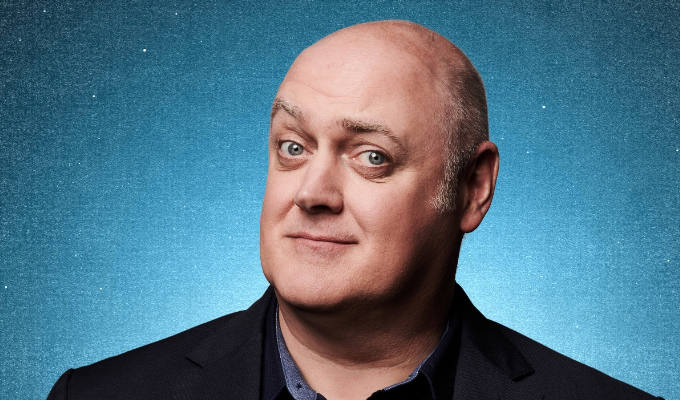Comedy snobs
Middle classes express 'superiority' through stand-up
The middle classes use comedy to exert a cultural ‘snobbery’, a new study claims.
While comedy has traditionally been a ‘lowbrow’ arts form, sociologist Sam Friedman says middle-class people have been increasingly seeking out more challenging stand-up and TV shows.
He found that middle classes preferred comedians such as Stewart Lee and shows like Brass Eye and The Thick Of It, whereas among the working classes, Jim Davidson, Bernard Manning and Roy ‘Chubby’ Brown were the main favourites.
According to his research, middle classes prefer comedy they regard as complex, even if it provokes negative reactions, the working classes prefer observational comedy that guarantees pleasure.
Friedman, from the University of Edinburgh surveyed 1,000 people at the Edinburgh Fringe and then followed up with 24 in-depth interviews and will present his finding to British Sociological Association’s annual conference in Glasgow today.
He says that while the middle and upper classes have traditionally been associated with ‘high’ arts such as theatre, opera and classical music, his research indicates they are now also discerning consumers of comedy, an artform traditionally considered lowbrow.
Friedman, who also edits Fest magazine during the Fringe, said that most of the working-class people he interviewed either hadn’t heard of highbrow comedians or expressed ‘intellectual insecurity’ about passing judgment. Many noted that such comedy ‘went over their head’ or was ‘beyond them’.
In contrast, middle-class interviewees often expressed vociferous objections to the comedians preferred by the working classes, which Friedman considered ‘veiled snobbery’.
Although middle class interviewees would not directly mention these comedians as working class, they often made strong negative judgments about their fans as ‘bigoted’ or ‘thick’.
One interviewee said: ‘All I would need to hear is, “I went to see Roy Chubby Brown last week, it was magic” and I would want to glass them.
Friedman’s study found that comedy taste was ‘used by the middle classes as a means of expressing their cultural superiority’ and to show off their sophistication – although he admitted that Fringe audiences might not be representative of the wider population.
He speculated that middle classes approached comedy differently as they had been introduced to abstract and intellectual forms of art by their parents and developed the interest at school and university, while working-class people had received hardly any exposure to highbrow culture.
‘Far from illustrating crumbing class hierarchies, the increasing popularity of comedy among the middle classes simply shows how the privileged are now using their superior cultural skills to distinguish themselves in pop culture as well as the high arts,’ Friedman said.
The study also revealed that some comedians including Eddie Izzard and Frank Skinner as well as TV comedies like Peep Show, Monty Python and Little Britain were widely enjoyed by respondents across the class divide.
Among the middle-class interviewees, ‘Mark’ said of Stewart Lee: ‘He makes me feel like I’m in an in-crowd of comedy nerds. You go in and you know you’re going to be challenged, you know a few people in the audience won’t get him. Overall it makes you feel a bit smug, and it’s an awful thing to say, but it makes you look down on the people who don’t get him.’
Brian added: ‘I don’t think laughter is integral. It’s really irrelevant for me personally. I know a lot of friends who go to a lot of comedy gigs that they say they don’t really laugh at all. I mean they’ll say that comedian was really funny but I suppose you’re taking in the artistic value rather than just purely making you laugh.’
But working-class Karen said: ‘My take on comedy is that it’s got to make me laugh, it doesn’t mean to say I need to think about it, except for that split-second in the punchline. I’m not looking for them to educate me.’
And Pete added: ‘To be honest with you I see enough shit in the newspapers and the news every day, I’d rather see things that make me laugh, that I get enjoyment out of. I don’t want to see anything too highbrow or too morose. I just want to be entertained in a light-hearted way.’
Published: 7 Apr 2010






